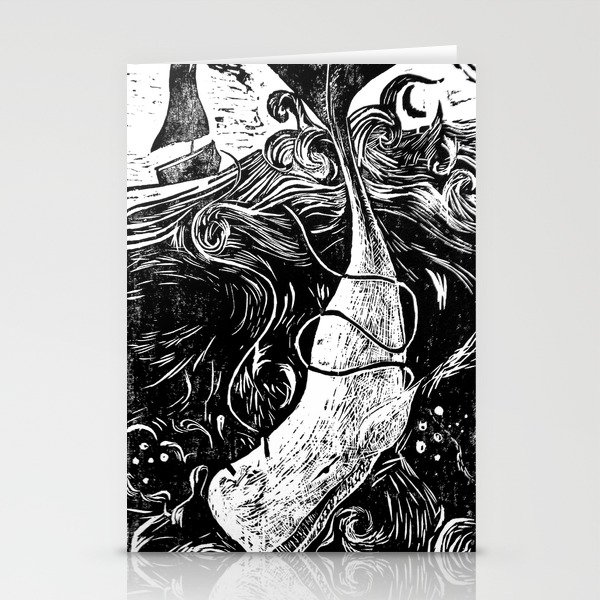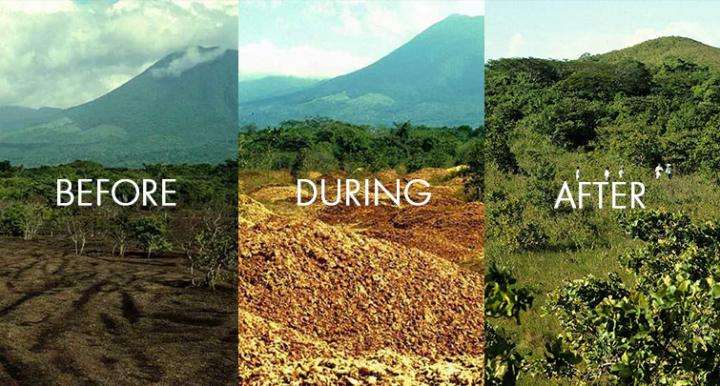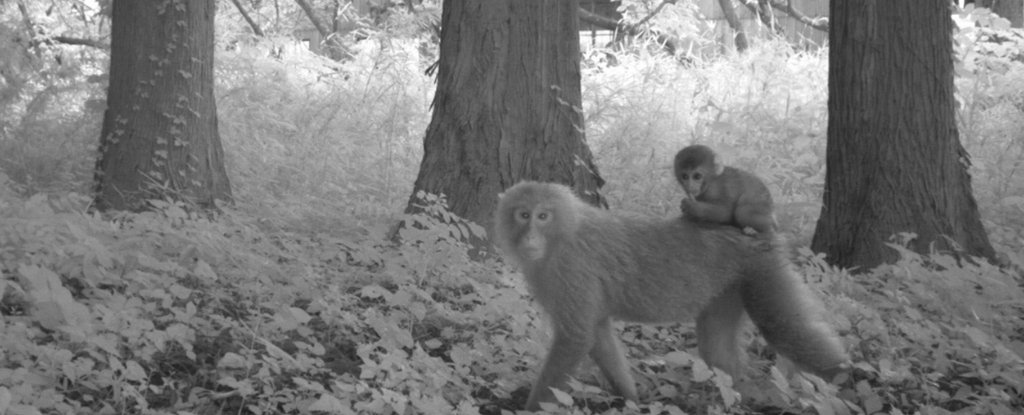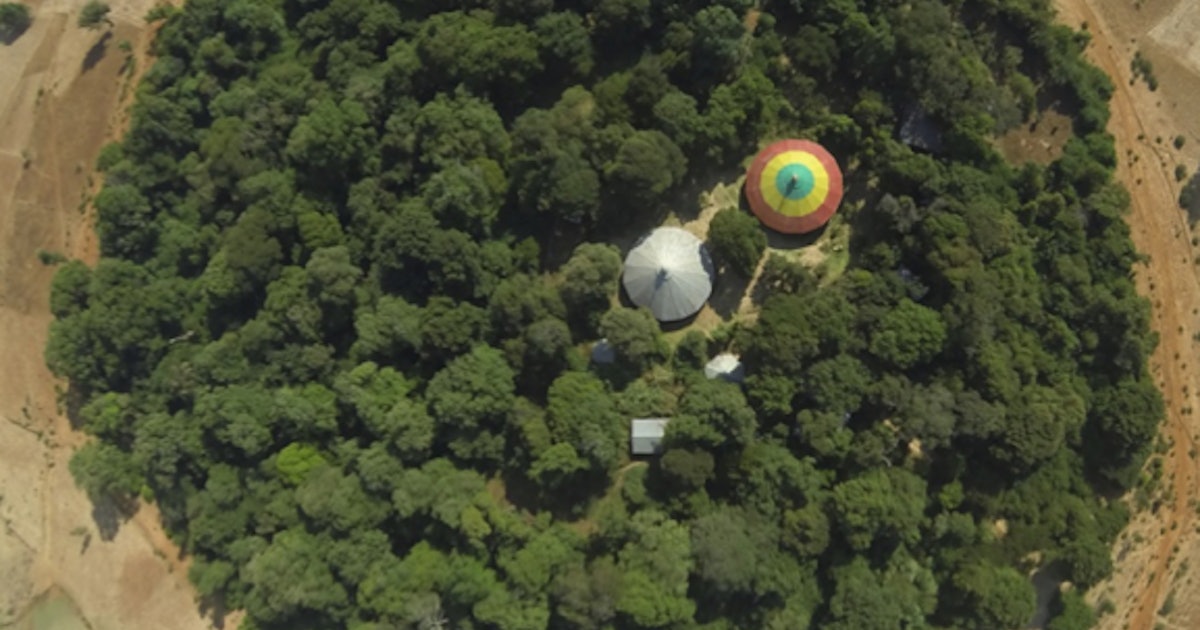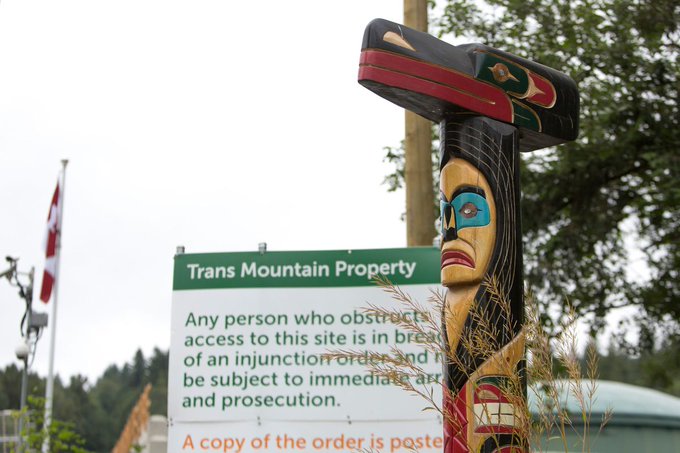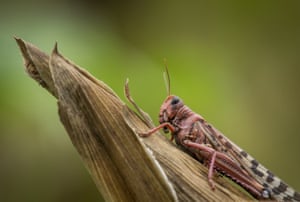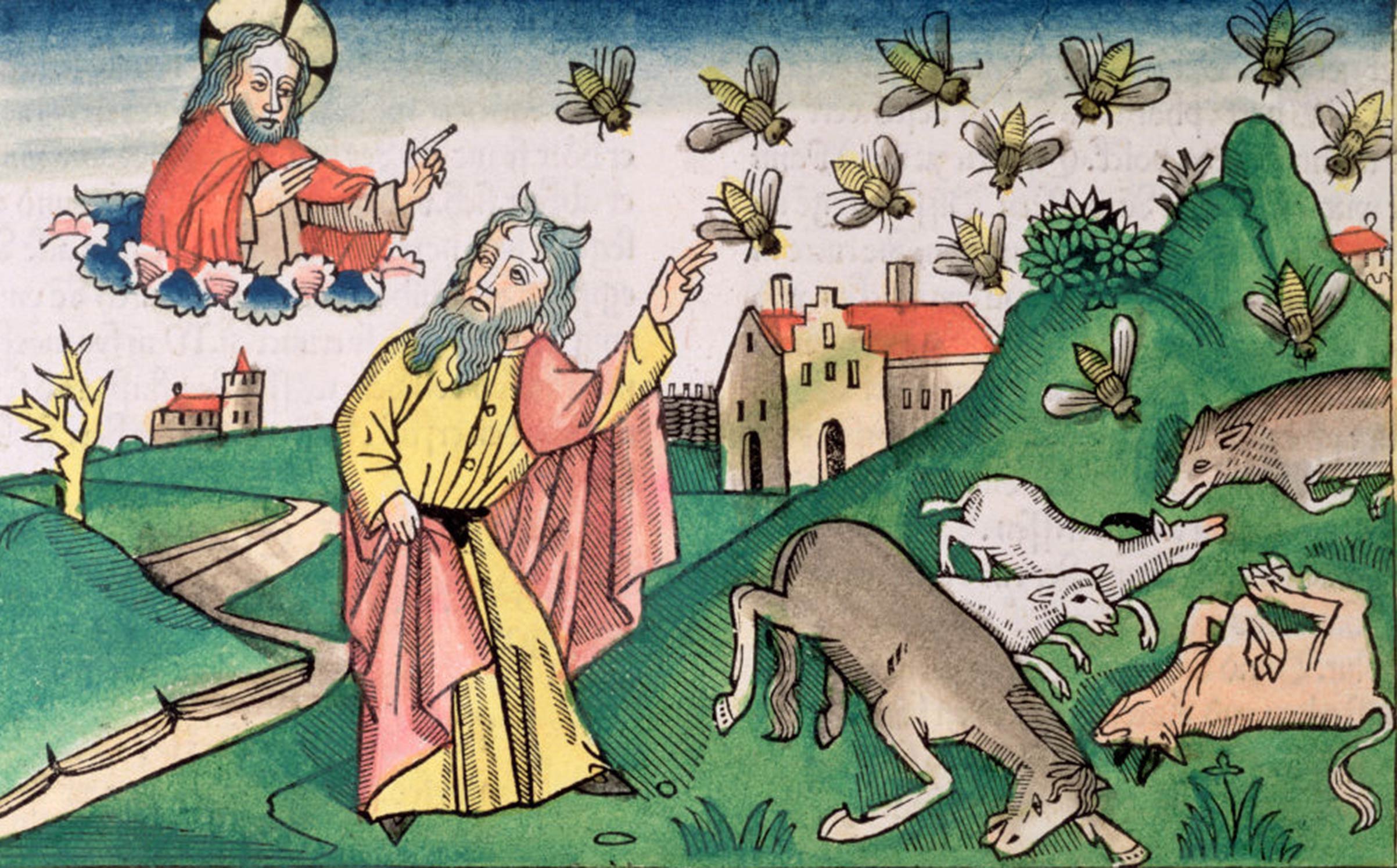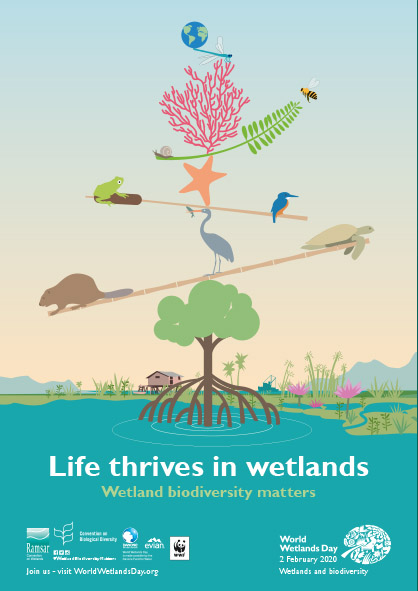
Ash Wednesday
Receive this cross of ash upon your brow,
Brought from the burning of Palm Sunday’s cross.
The forests of the world are burning now
And you make late repentance for the loss.
But all the trees of God would clap their hands
The very stones themselves would shout and sing
If you could covenant to love these lands
And recognise in Christ their Lord and king.
Brought from the burning of Palm Sunday’s cross.
The forests of the world are burning now
And you make late repentance for the loss.
But all the trees of God would clap their hands
The very stones themselves would shout and sing
If you could covenant to love these lands
And recognise in Christ their Lord and king.
He sees the slow destruction of those trees,
He weeps to see the ancient places burn,
And still you make what purchases you please,
And still to dust and ashes you return.
But Hope could rise from ashes even now
Beginning with this sign upon your brow.
He weeps to see the ancient places burn,
And still you make what purchases you please,
And still to dust and ashes you return.
But Hope could rise from ashes even now
Beginning with this sign upon your brow.
British cleric, poet, and musician, Malcolm Guite wrote this sonnet for Ash Wednesday a decade ago. It is dreadfully appropriate for the Year of Our Lord 2020 given the fiery devastation of Australia, destructive wildfires in California and Alberta and the Amazon which have occurred since it was written.
There is a call to repentance and an invitation to a hope which rises from the ashes.




